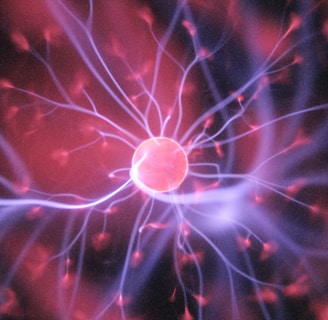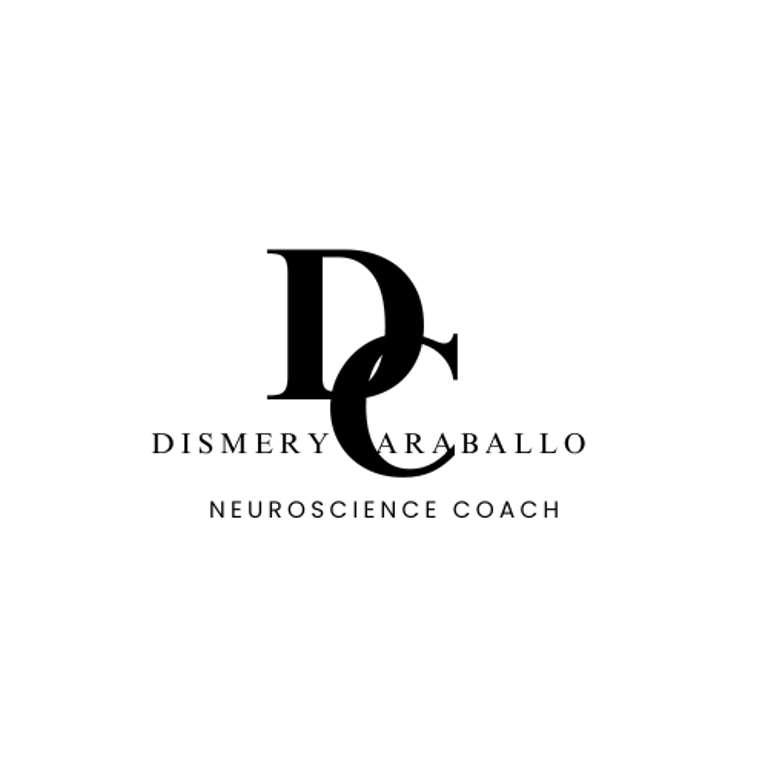Your Brain on Love: The Science Behind Attraction and Attachment
The experience of love and attraction can be largely understood through the lens of neurochemistry. Central to this experience are hormones such as dopamine and oxytocin, each influencing our emotions and behaviors in profound ways. Dopamine, often referred to as the "feel-good" neurotransmitter, plays a pivotal role during romantic encounters. It drives feelings of pleasure and motivation, encouraging individuals to pursue relationships and engage in romantic activities. When we experience love, dopamine levels increase, leading to heightened feelings of joy and excitement. This neurochemical reaction is why early stages of romantic involvement are often accompanied by euphoria and energy.


Understanding the Chemistry of Love
The experience of love and attraction can be largely understood through the lens of neurochemistry. Central to this experience are hormones such as dopamine and oxytocin, each influencing our emotions and behaviors in profound ways. Dopamine, often referred to as the "feel-good" neurotransmitter, plays a pivotal role during romantic encounters. It drives feelings of pleasure and motivation, encouraging individuals to pursue relationships and engage in romantic activities. When we experience love, dopamine levels increase, leading to heightened feelings of joy and excitement. This neurochemical reaction is why early stages of romantic involvement are often accompanied by euphoria and energy.
On the other hand, oxytocin, commonly labeled the "cuddle hormone," is crucial for the formation of emotional bonds and the establishment of trust between partners. Released during activities such as hugging, kissing, and even during intimate moments, oxytocin fosters a sense of connection and security. This hormone helps reinforce pair bonds, further solidifying relationships and encouraging harmonious interactions. The interplay between dopamine and oxytocin explains why individuals often feel exhilaration in the early days of love, followed by a deepening sense of attachment and stability as the relationship evolves.
Additionally, understanding these neurochemical processes can be invaluable for individuals facing dating anxiety. The overwhelming rush of dopamine during initial attractions can lead to nervousness or self-doubt. By recognizing that these feelings are driven by biological responses, individuals can cultivate dating confidence. Research suggests that strategies to harness the positive effects of these hormones, such as fostering affectionate behaviors, can mitigate anxiety and enhance romantic encounters. Through a deeper grasp of the chemistry of love, one can better navigate the complexities of attraction and emotional bonding.
The Role of Attachment Styles in Relationships
Attachment theory, pioneered by John Bowlby and Mary Ainsworth, categorizes attachment styles into secure, anxious, and avoidant types. These styles are primarily shaped by early childhood experiences and the relationships formed with caregivers. Individuals with a secure attachment style tend to exhibit healthier relationship behaviors, including effective communication and a sense of stability. In contrast, those with anxious or avoidant attachment styles may struggle with intimacy and trust, which can lead to complications in romantic engagements. Click here
Anxious individuals often crave closeness but may fear abandonment, resulting in clingy or overly dependent behaviors. They might experience heightened emotional responses when their partner is unavailable, as they associate their partner's distance with abandonment. This attachment style can impede dating confidence, leading to preoccupations over relationship status and compatibility. On the other hand, avoidant individuals value independence and may withdraw from emotional closeness to maintain personal space. Their reluctance to engage deeply can create barriers in forming lasting bonds, ultimately impacting their emotional intelligence in relationships.
Understanding one's attachment style is crucial for navigating the complexities of romantic relationships. It allows individuals to recognize patterns of behavior that may emerge during dating and to address underlying fears. Furthermore, by gaining insights into their attachment styles, individuals can cultivate healthier connections with partners, reinforcing emotional bonds and enhancing relationship satisfaction. A neuroscientific perspective can be particularly beneficial for dating coaches and therapists, as it provides tools for identifying and addressing attachment-related issues. Approaching relationship dynamics through this lens can empower individuals to transform maladaptive patterns into more secure attachments, ultimately leading to more fulfilling relationships.
Overcoming Relationship Trauma: A Neuropsychological Approach
Relationship trauma can significantly influence an individual's emotional landscape and overall well-being. These experiences often stem from past romantic encounters that led to emotional distress, betrayal, or loss, leaving lasting psychological imprints. The repercussions of such trauma can manifest in various ways, including heightened dating anxiety, which may inhibit an individual’s ability to seek or maintain new romantic relationships. Understanding this context is essential, as unresolved emotional issues can cloud current interactions and create barriers to forming healthy attachments.
From a neuropsychological perspective, the brain is remarkably adaptable, a quality known as neuroplasticity. This ability allows the brain to reorganize itself by forming new neural connections throughout life, thereby enabling healing and the development of healthier coping mechanisms. Engaging in therapeutic interventions can facilitate this process, enabling individuals to address and process their past traumas effectively. Therapies such as Cognitive Behavioral Therapy (CBT) can help individuals reframe negative thought patterns associated with relationships, thereby reducing anxiety and fostering healthier emotional responses.
Mindfulness practices also play a vital role in overcoming relationship trauma by enhancing emotional regulation. Techniques such as meditation, deep-breathing exercises, and body awareness can help individuals develop greater emotional resilience and improve their capacity to navigate intimate connections. Furthermore, training in emotional intelligence equips individuals with the necessary skills to understand and manage their emotions, as well as empathize with their partners, ultimately promoting healthier interactions.
In conclusion, grappling with relationship trauma does not have to result in a cycle of negative experiences. Through understanding the neuropsychological impacts and actively engaging in therapeutic techniques, individuals can pave the way for emotional healing and foster more secure attachment patterns in their future relationships.
Building Lasting Connections Through Love and Brain Science
In the quest for lasting romantic relationships, understanding the neuroscience behind love can be immensely beneficial. The complexities of attraction and attachment reveal how the brain influences emotional bonds. By leveraging this knowledge, individuals can cultivate more meaningful connections with their partners. One effective strategy for enhancing romantic relationships involves improving communication. Research indicates that open communication fosters emotional intelligence, which is critical for navigating the ups and downs of a relationship. Couples can benefit from actively listening to one another and sharing their feelings in a constructive manner. Click here
Moreover, creating a positive dating experience is essential. This can be achieved by engaging in activities that both partners enjoy, promoting shared experiences that strengthen the bond. Practicing mindfulness can further enhance these connections. Mindfulness techniques, such as being fully present during conversations and paying attention to emotional cues, allow partners to connect on a deeper level. This awareness not only leads to greater empathy but also encourages a nurturing environment where both individuals feel valued and understood.
As people reflect on their experiences with dating and attachment, it is important to recognize that challenges are a natural part of any relationship. However, adapting strategies informed by brain science can make a significant difference. For those who encounter persistent difficulties, seeking support from a neuroscience dating coach may provide valuable insights and tools to navigate these challenges more effectively. Such guidance can personalize approaches to relationship building, enhancing the potential for lasting love.
By integrating these actionable tips grounded in the science of love, individuals can work toward stronger emotional bonds that stand the test of time. Ultimately, understanding the brain's role in love equips couples with the knowledge to nurture their relationships thoughtfully and intentionally.
